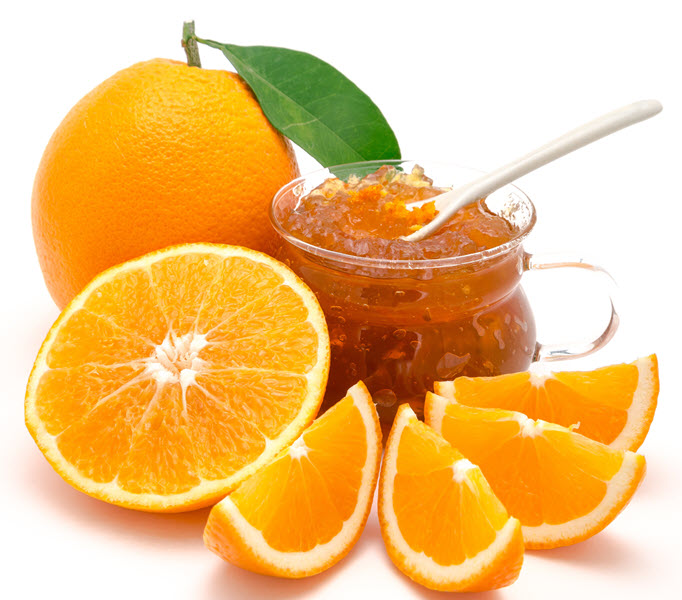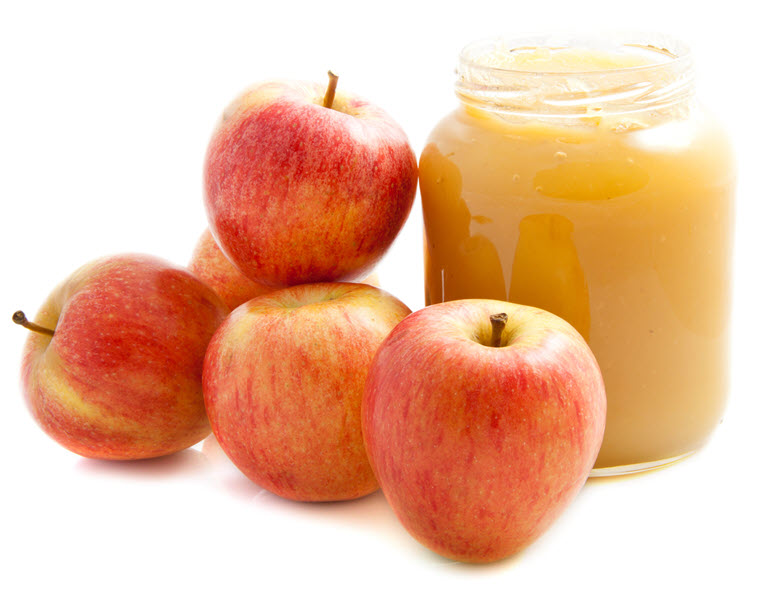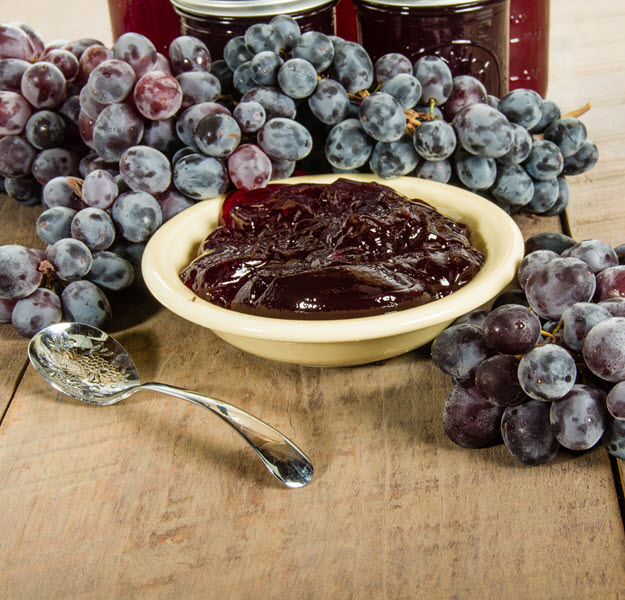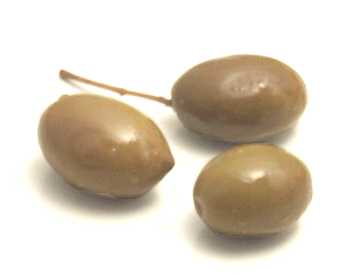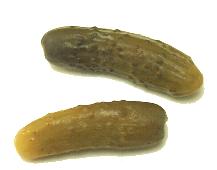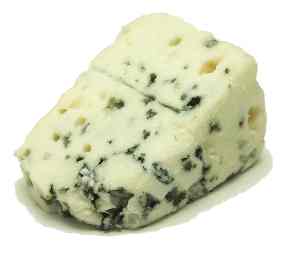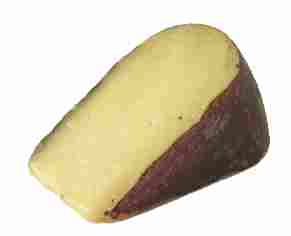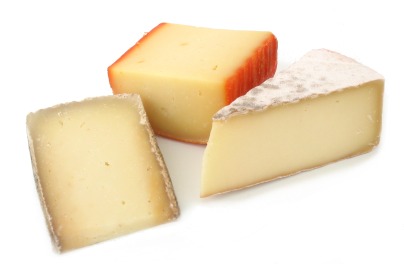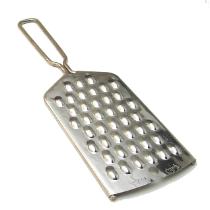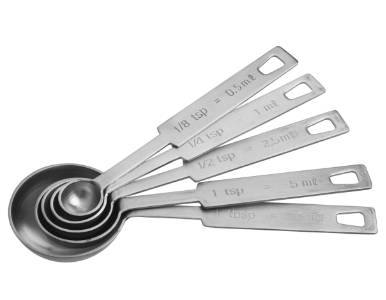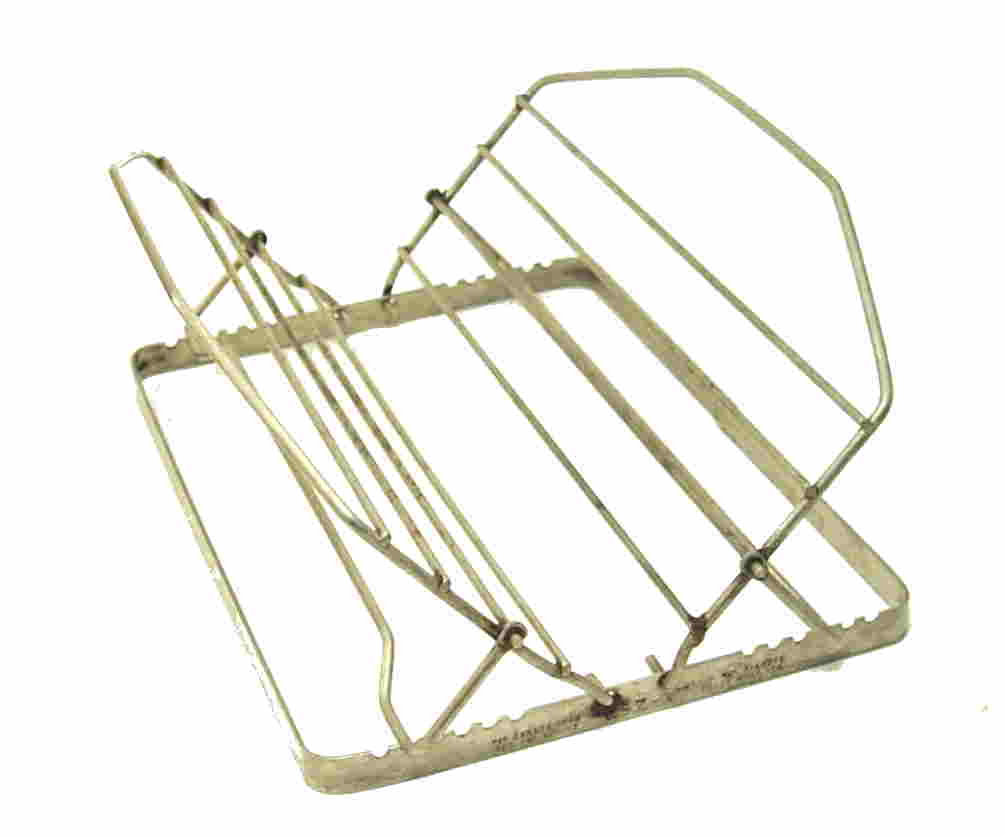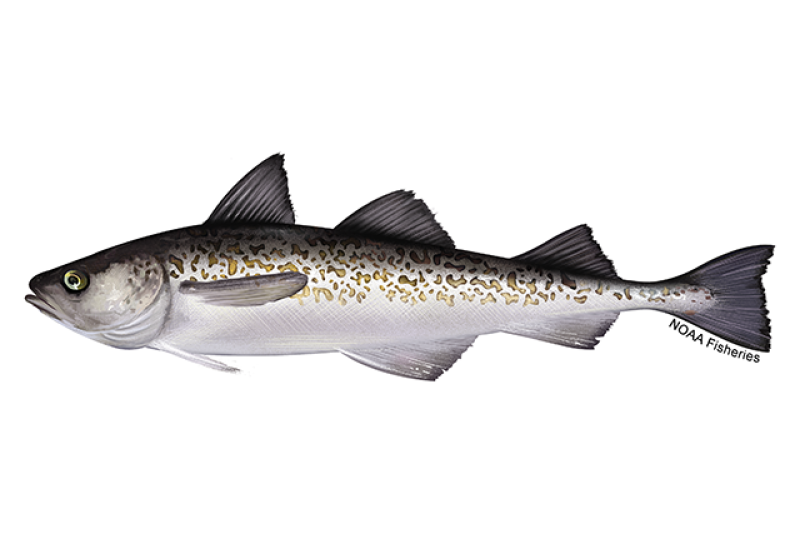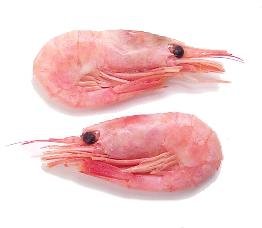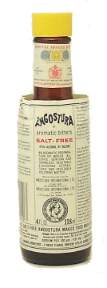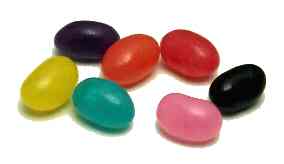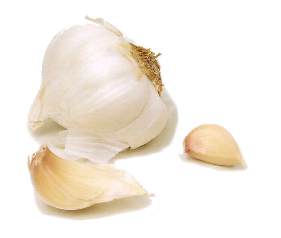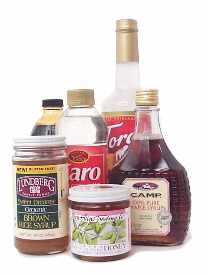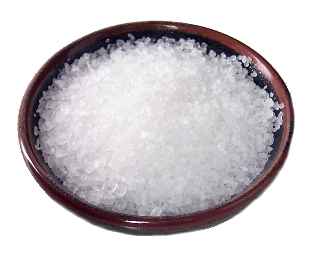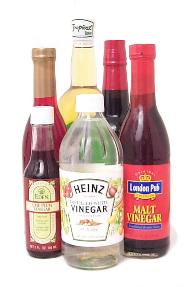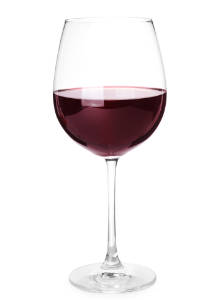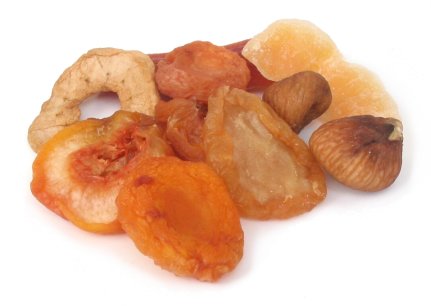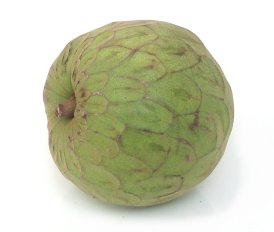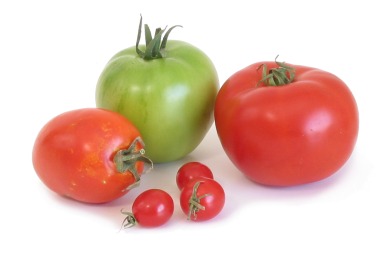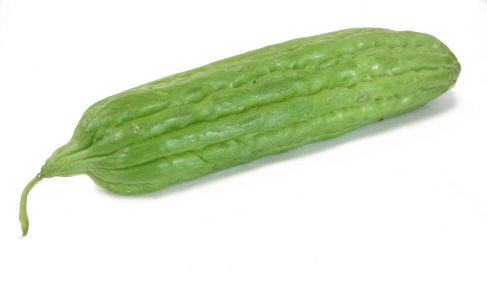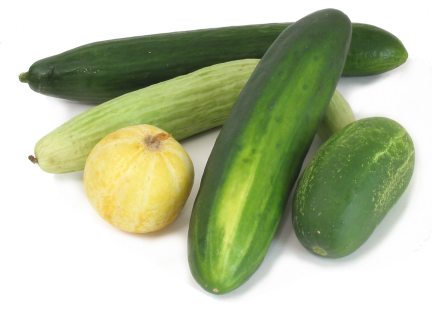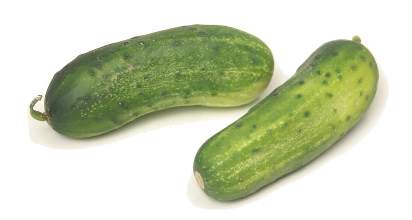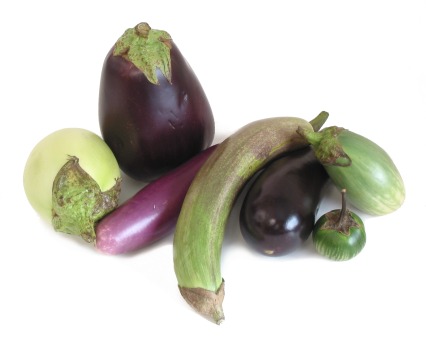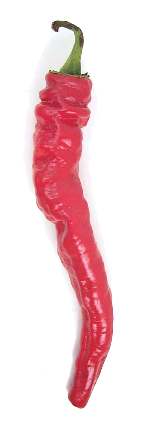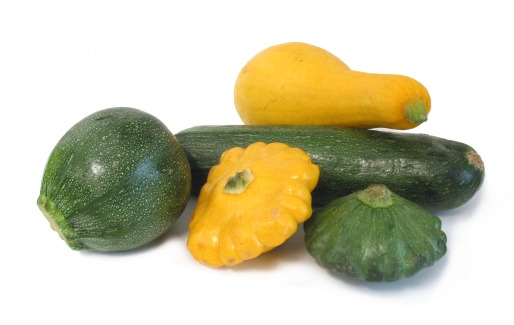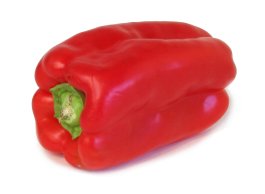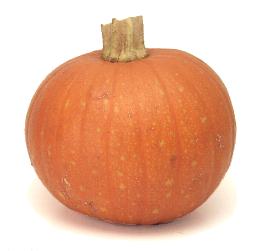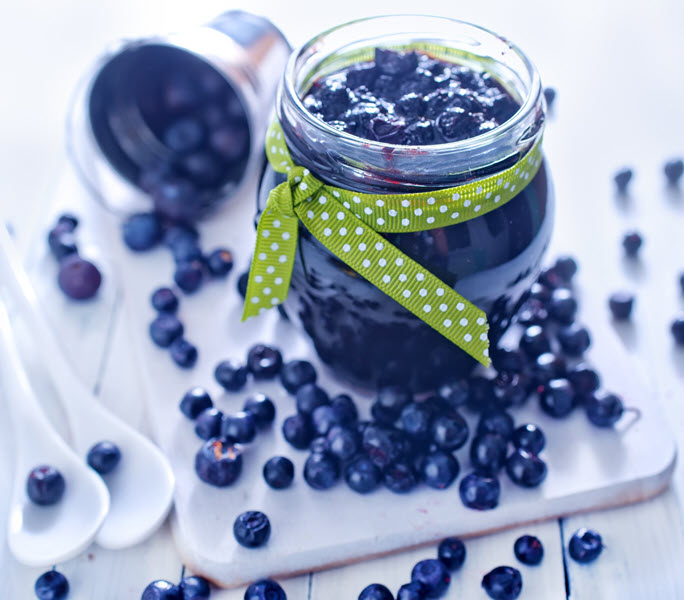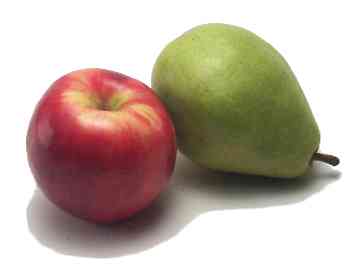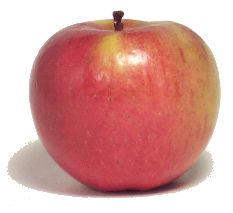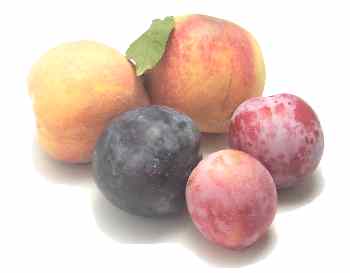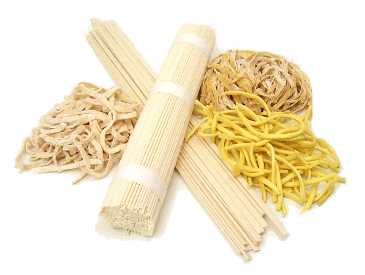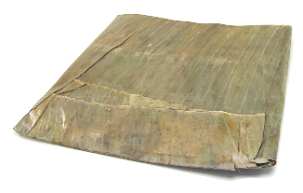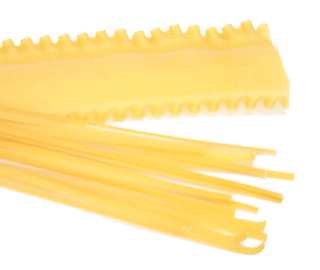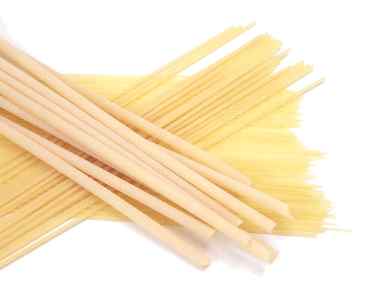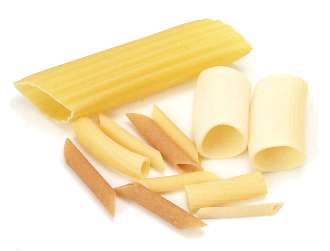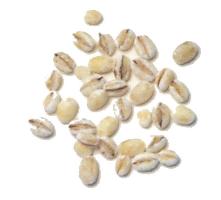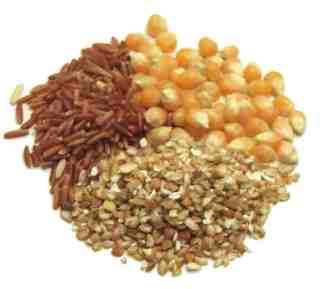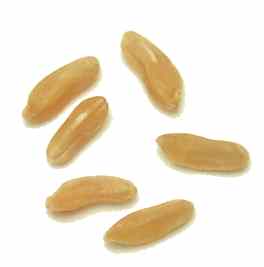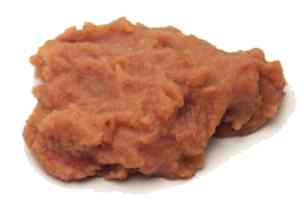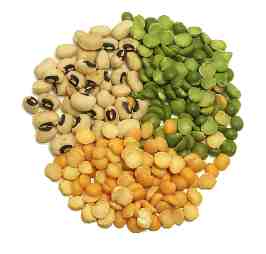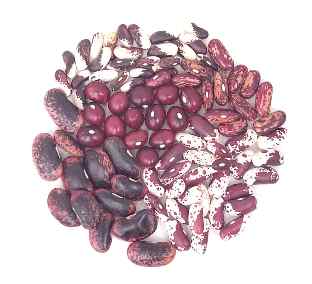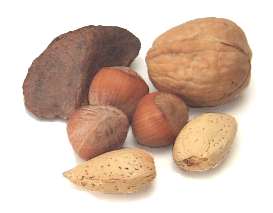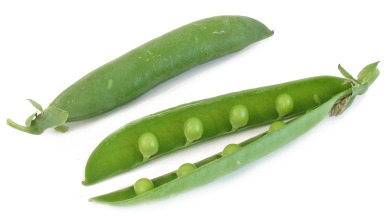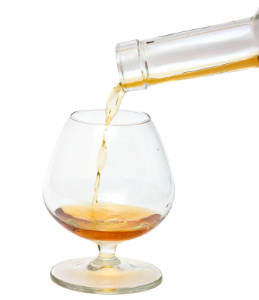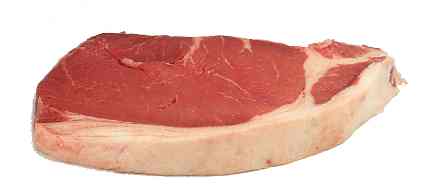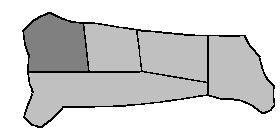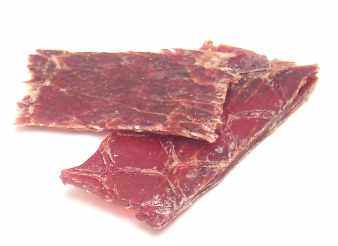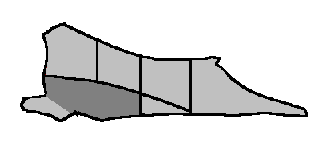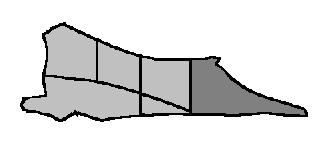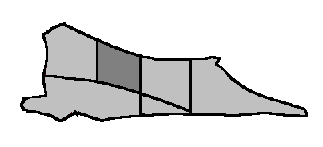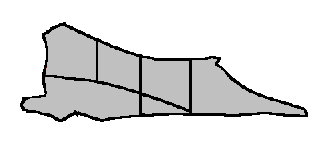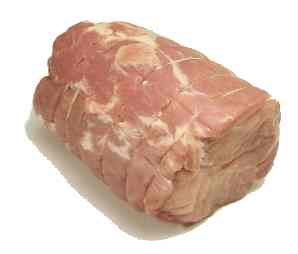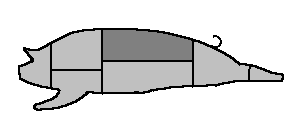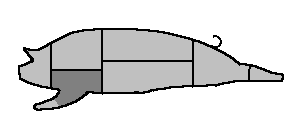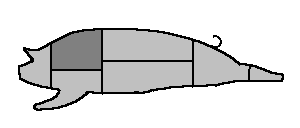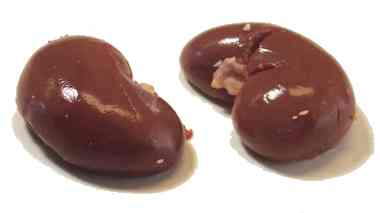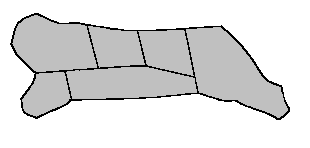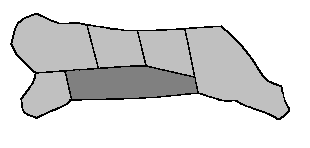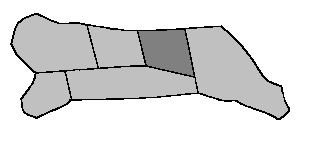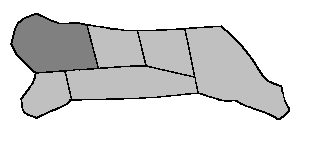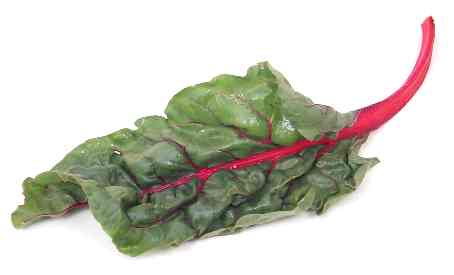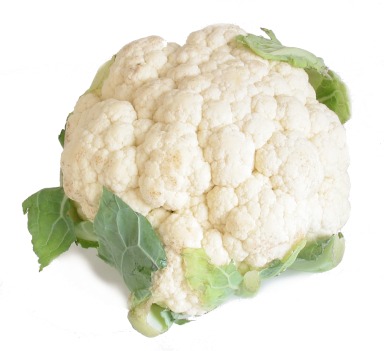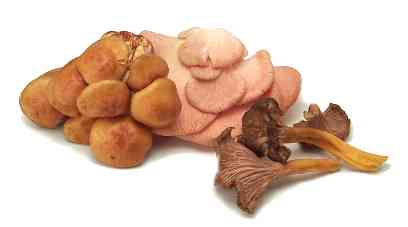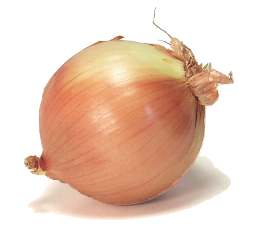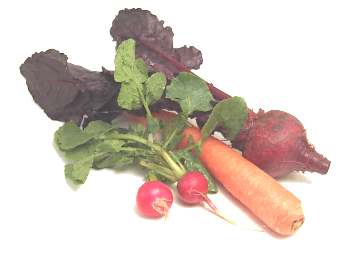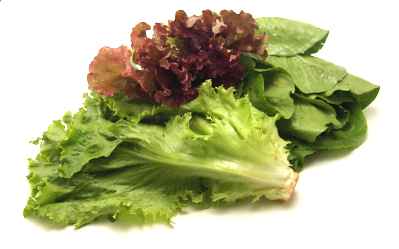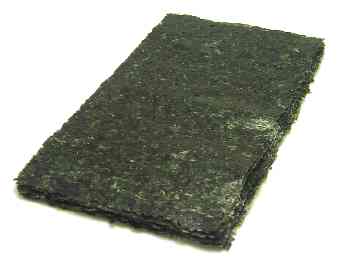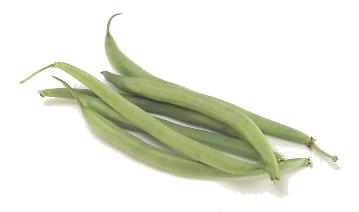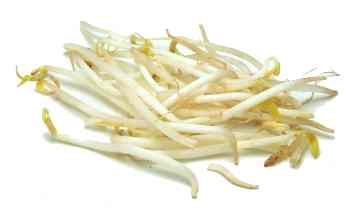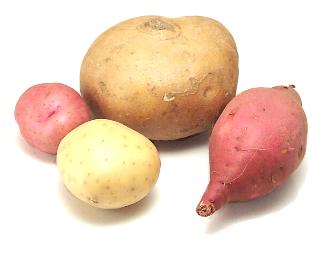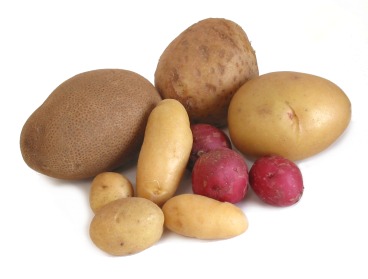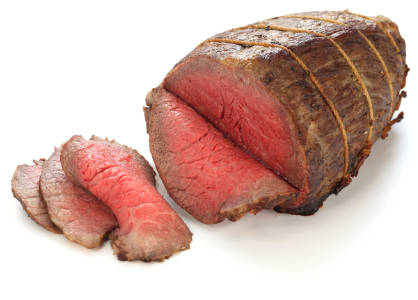All Ingredients
bear
Compared with beef, bear is high in protein and low in fat and calories. Make sure you cook it thoroughly--it's possible to contract trichinosis from undercooked bear meat.
Learn morebear's head mushroom
These grow yellow and sour-tasting with age, so buy only white ones. They're best sautéed or gently boiled.
Learn moreBeau Monde seasoning
This is a seasoning mix manufactured by Spices Islands that combines salt, onion, and celery flavors.
Learn moreBeaufort
This semi-firm raw cow's milk cheese is slightly sweet and has a nice texture. It's a great melting cheese, so it's often used in fondues.
Learn moreBeaujolais
This is a region in Eastern France that produces light, fruity, fresh-tasting red wines that are relatively low in alcohol. Beaujolais wines should be drunk while young.
Learn moreBeef
Fresh beef has cream-colored fat and bright red meat. The best beef is marbled with fine strands of fat, which bastes the meat as it cooks and makes it tender and juicy. Lower grades of beef have thicker marbling or no marbling, so the meat's tougher after you cook it. Choice breeds include Angus, Kobe, Chianina, and lean but tender Piedmontese.
Learn morebeef 7-bone pot roast
This is a tough cut of meat, so it's usually braised or cooked in liquid to tenderize it. A steak from this roast is called a 7-bone steak.
Learn morebeef 7-bone steak
This is an economical steak cut from a 7-bone pot roast. It's rather tough, so your best bet is to braise it. If you insist on grilling or broiling it, be sure to marinate it overnight to make it as tender as possible.
Learn morebeef arm roast
This is just a butcher's blade away from the shoulder roast, and the main difference between the two is that the arm roast has a round bone in it and is slightly more tender. You can use this for a pot roast, or cut it up for stew meat, but it's too tough to cook with dry heat. A steak cut from this roast is called an arm steak.
Learn morebeef arm steak
This is a steak cut from an arm roast. It's too tough to grill or broil, but it's very tasty if you braise it.
Learn morebeef back ribs
These aren't very meaty, but the ribs are long and fun to eat. They come in slabs containing several ribs. Grill the whole slab, then cut them into individual ribs when you serve them. Allow 1/2 to 1 pound per person.
Learn morebeef bones
These are usually boiled with other ingredients to make a flavorful soup base. The meatier the better.
Learn morebeef bottom round
The bottom round is usually divided into two smaller cuts: the bottom round roast and the rump roast.
Learn morebeef bottom round roast
These roasts are cut from the bottom round. Some people roast them in the oven, but they're a bit tough and work better as pot roasts.
Learn morebeef brisket
Northerners like to use the brisket to make corned beef, but Southerners often prefer to barbecue it because they like the way the meat pulls apart into tender, juicy strands. Briskets are usually sold boneless, and often cut into two parts: the flat cut = flat half = first cut = thin cut and the fattier and cheaper point cut = point half = front cut = thick cut.
Learn moreBeef Chuck
The chuck section comes from the shoulder and neck of the beef, and it yields some of the most flavorful and economical cuts of meat. The downside is that these cuts tend to be tough and fatty, and they have more than their fair share of bone and gristle. It's usually best to cook them slowly in a liquid.
Learn morebeef chuck eye
This is one of the more tender cuts from the chuck section, so you can cook it in liquid or roast it in the oven. A steak cut from this roast is called a chuck eye steak.
Learn morebeef chuck eye steak
This steak isn't bad, considering it's a chuck steak. In fact, it's tender enough to grill or broil, provided that you marinate it overnight first.
Learn morebeef chuck steak
Chuck steaks comes from the neck and shoulder of the beef, and they tend to be chewy but flavorful and inexpensive. Most of them are too tough to grill, broil, or pan-fry--it's better to braise them or cut them up as stew meat. If you must grill one, make sure you marinate it overnight first.
Learn morebeef club steak
Think of this as a T-bone steak without any of the choice tenderloin muscle in it. These steaks are sometimes also called Delmonico steaks, though that name is more often used for rib-eye steaks. To add to the confusion, rib steaks are sometimes called club steaks.
Learn morebeef coulotte steak
This is a small, boneless steak cut from the sirloin. It's got good flavor, but it's a bit tougher than other steaks so you might want to marinate before cooking it.
Learn morebeef cross rib roast
If boneless, this is sometimes called an English roll. This makes a fine pot roast, but it's too tough to roast with dry heat.
Learn morebeef cube steak
This is a relatively tough cut of meat that the butcher tenderizes by turning it almost into hamburger. In some parts of the country, a minute steak is a small, thin sirloin steak.
Learn morebeef eye round roast
This boneless roast looks like a choice tenderloin, but it's much tougher. It's best to cook it very slowly using moist heat. A steak cut from this roast is an eye round steak.
Learn morebeef eye round steak
This is a small, boneless steak cut from an eye round roast. It's tough, so it's sometimes cut into stew meat or processed into cube steak. It's also good braised, but it will require the tenderizing effects of a marinade if you want to grill or broil it. If cut thinly, this steak is sometimes called a breakfast steak = wafer steak = sandwich steak = minute steak.
Learn morebeef filet mignon
These are cut from the tenderloin, and they're the most tender steaks you can buy, though not the most flavorful. American butchers usually call all tenderloin steaks filets mignons, but the French reserve the name for just the cuts at the small end of the tenderloin, which is the best part. As they move away from the filet mignon, the French call their cuts tournedos, filet steak, châteaubriand, and bifteck. American butchers confuse matters even more by sometimes calling top sirloin steaks châteaubriands. Don't marinate these steaks and don't cook them beyond medium rare.
Learn morebeef flank steak
This is a lean, flat cut that's fairly tender and extremely flavorful. Properly marinated, it's a wonderful steak to grill or broil, but don't overcook it or it will become very tough. Before serving, cut the steak into thin slices at a slant against the grain.
Learn morebeef hanger steak
This is the part of the diaphragm that hangs between the last rib and the loin. It's often ground in hamburger (or butchers just take it home), but some people claim that its grainy texture and intense flavor make it a first-rate steak (if marinated first). It's better known in France than in the United States, so you'll probably have to ask your butcher to set one aside for you.
Learn morebeef heart
Beef heart is too tough to be sautéed or grilled, but it becomes very tender and delicious if cooked slowly using moist heat. You can buy it sliced or whole.
Learn morebeef jerky
These chewy strips of dried beef don't need refrigeration, so they're popular snacks for hikers and travelers. The biggest drawbacks are that they're high in sodium, calories, and price.
Learn morebeef kidney
Beef kidneys are tougher than lamb or veal kidneys, so they need to be cooked slowly using moist heat, say by braising them or adding them to a stew. To prepare them, first cut off the outer membrane, then cut them lengthwise to expose a white blob of fat in the middle, which should be discarded. Next, soak the kidney in acidulated water or buttermilk for about an hour. This will make the flavor much more mild.
Learn morebeef liver
Compared to calf's liver, this is a bit tougher and less delicately flavored, but it's quite good if you're careful not to overcook. It should still be pink in the middle when it's done.
Learn morebeef London broil
This is the name of a finished dish, not a cut of meat, but butchers sometimes assign the name "London broil" to the following cuts: flank steak, top round steak, or top blade steak. Each would work well in a London broil recipe.
Learn morebeef minute steak
In some parts of the country, a minute steak is a small, thinly sliced, boneless sirloin steak. In others, it's a thinly sliced eye of round steak. In still others, it's a cube steak.
Learn morebeef Porterhouse steak
Many believe these to be the best of all steaks. They include parts of two muscles: the flavorful top loin and the buttery soft tenderloin. It's best to grill or broil them without marinating.
Learn morebeef pot roast
These are economical roasts that are too tough to be oven roasted, but they become tender if cooked in a liquid for several hours. Several cuts work well as pot roasts, particularly the 7-bone pot roast, arm roast, blade roast, chuck eye, cross rib roast, shoulder roast, top blade pot roast, under blade pot roast, bottom round roast, eye round roast, and rump roast.
Learn morebeef rib roast
The entire rib section includes seven ribs, but it's usually cut into smaller chunks. Each rib will feed about two people, so if you're feeding, say, six people, you should get a three-rib roast. You can buy this cut as a standing rib roast, with the bones left in, or as a rolled rib roast, which is boned, then rolled and tied. The nice thing about a standing rib roast is that it can stand by itself in the oven pan without a rack, plus the bones provide added flavor. A large end rib roast is cut from the part of the rib section nearest the chuck, so the steaks are bigger but tougher. The small end rib roast = sirloin tip roast includes the ribs next to the choice loin section, so the meat's more tender and lean. If the short ribs are lopped off of a rib roast, you get a half standing rib roast. A steak cut from a rib roast is called a rib steak.
Learn morebeef rib steak
Rib steaks are cut from rib roast, and shouldn't be confused with rib-eye steaks, which have less fat and bone. Rib steaks are sometimes called club steaks, though that name is usually reserved for a different cut from the loin.
Learn morebeef rib-eye roast
The juicy rib-eye comes from the same muscle that gives us those exquisite top loin and top sirloin cuts. This cut can be roasted to make a boneless version of a rib roast, or cut into individual steaks, called rib-eye steaks. Rib-eye roasts are very tender, well marbled with fat, and fairly expensive.
Learn morebeef rib-eye steak
Rib-eye steaks are very tender, well marbled with fat, and fairly expensive. They're usually boneless, but you can sometimes find bone-in rib-eye steaks. Note that club steaks are also sometimes called Delmonico steaks.
Learn morebeef roast beef
Several cuts are well suited to oven roasting. The most elegant choice is a tenderloin roast, which is lean and tender, but very expensive. A rib roast (sometimes called a prime rib roast) isn't as lean and tender, but it's juicier and more flavorful. A good compromise between the two would be a rib-eye roast, which is basically a boneless, low-fat rib roast. Other candidates for roast beef are a top loin roast, top sirloin butt roast, tri-tip roast, round tip roast, and rump roast. Don't assume that anything with "roast" in its name will work as roast beef. Some roasts are intended for pot roast recipes, for it takes hours of cooking in a liquid to make them tender enough for civilized consumption.
Learn morebeef round steak
Round steaks are very lean, but they're not as tender and juicy as other cuts. They're usually broiled, braised, or cooked in a liquid.
Learn morebeef round tip roast
This roast is just a cut away from the sirloin, so it's tender enough to be oven roasted or cut up into kabobs. If the roast is trimmed of some fat and muscle, it's called a trimmed tip roast = ball tip roast.
Learn more











